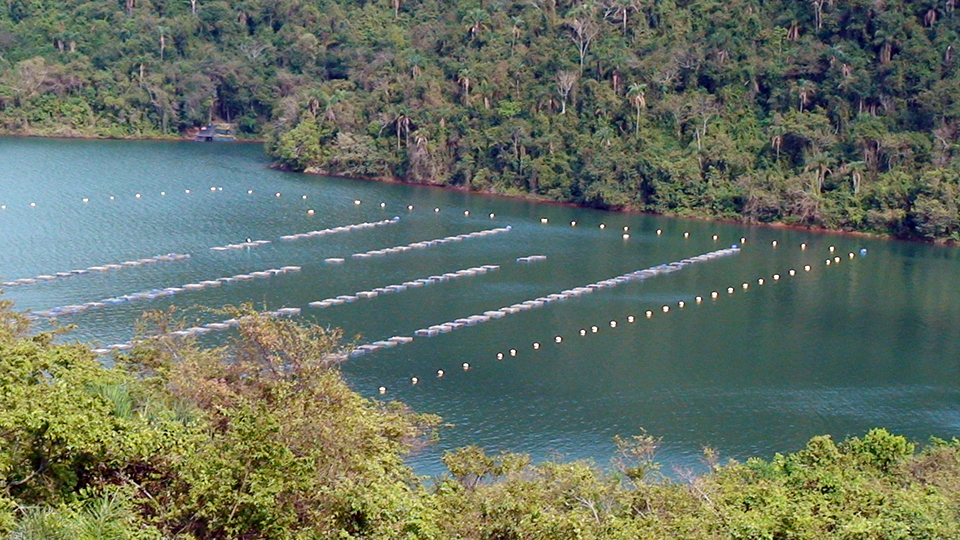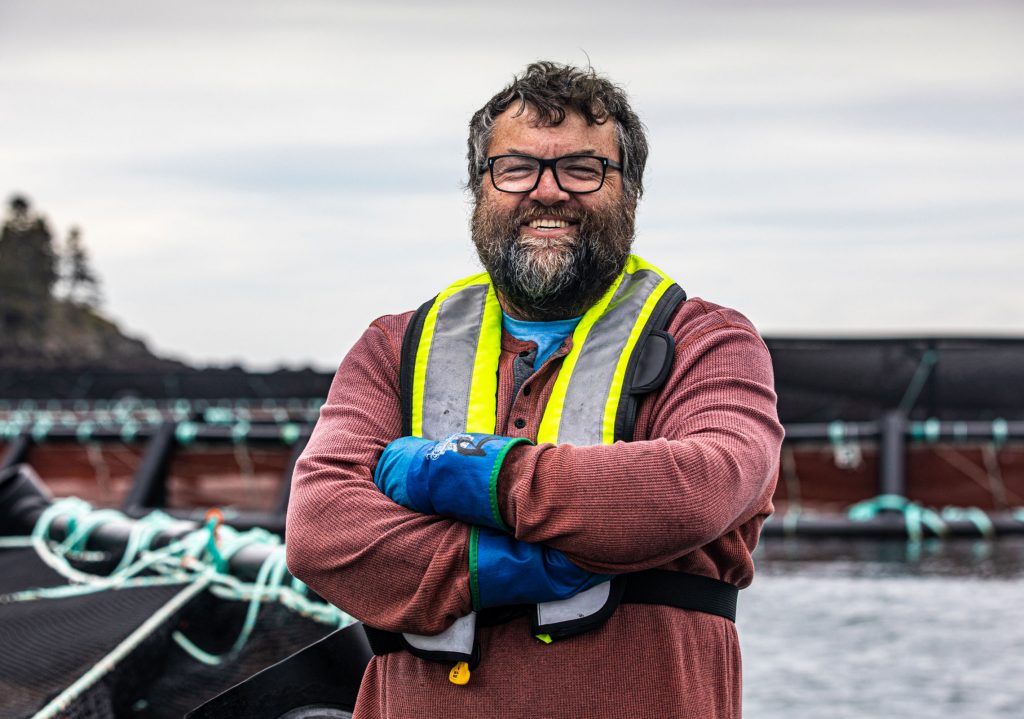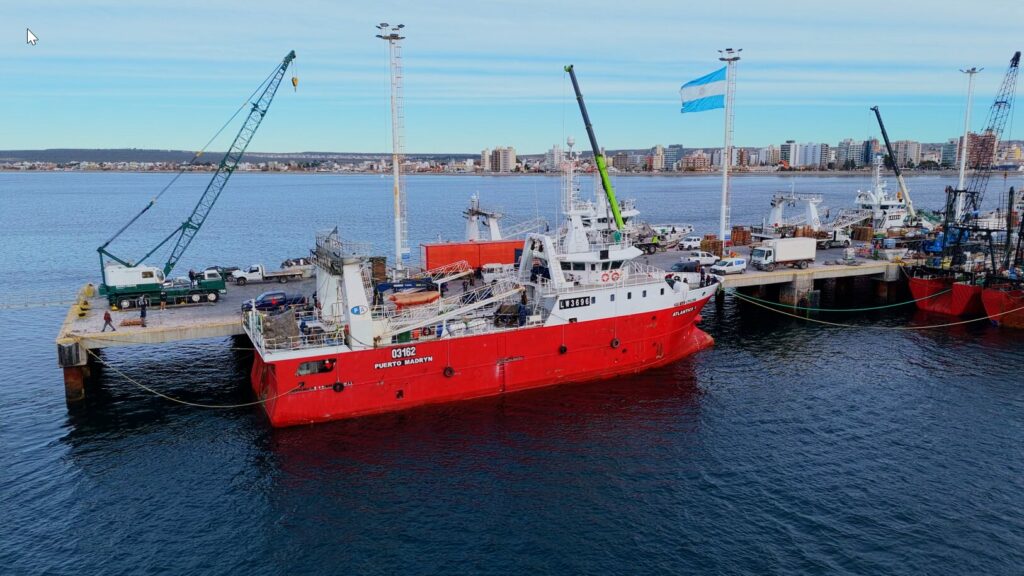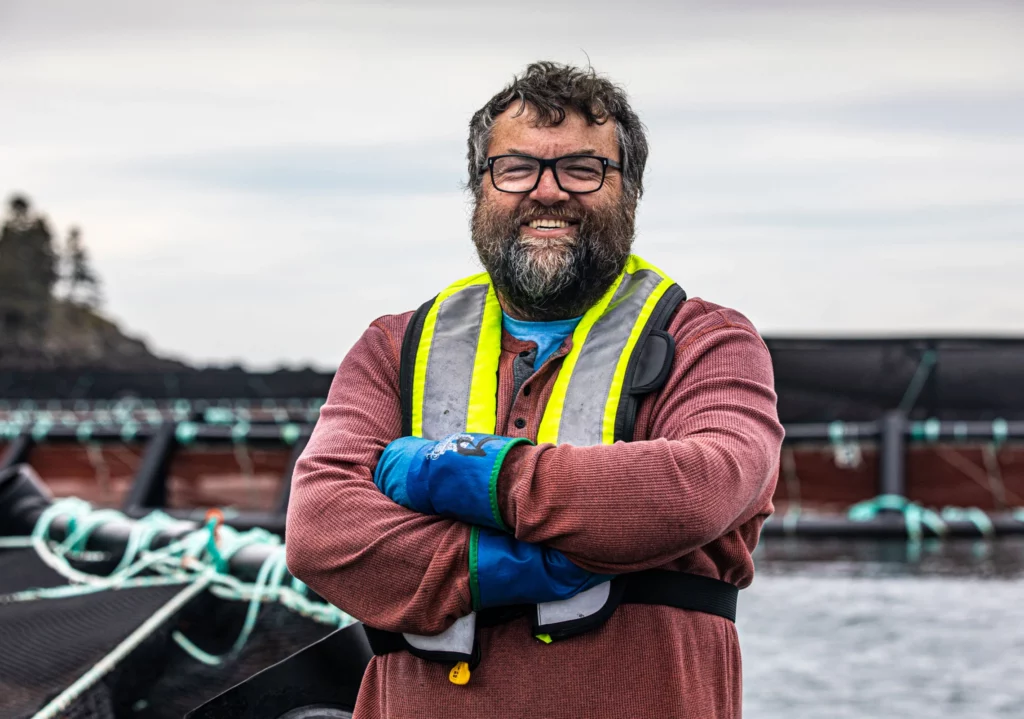GSA’s Continuous Commitment to Best Practices in Animal Health and Welfare
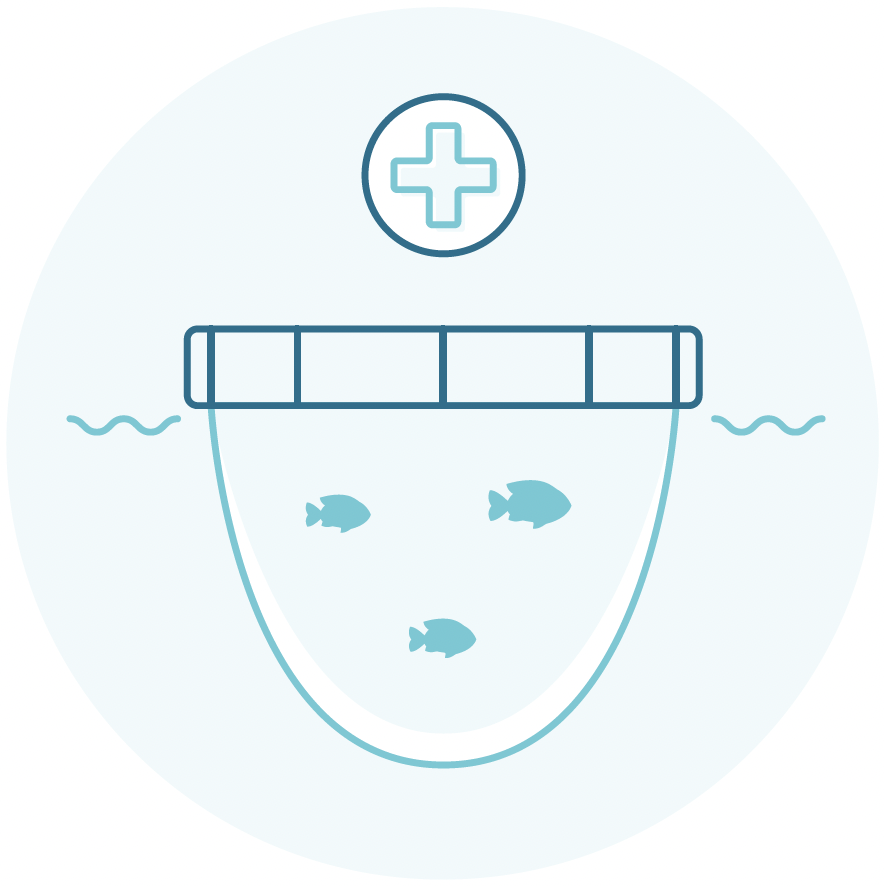 In 1997, Global Seafood Alliance was founded by members of the aquaculture industry who recognized widespread issues facing farmers – people who believed in the potential of the industry and knew we could do better. To enact these changes and make a true impact on the responsibility that farmers hold, GSA created the Best Aquaculture Practices (BAP) certification program. Over the years, we’ve refined a process for creating the standards for our certification programs including Best Seafood Practices (BSP), that takes many factors into account: issues and challenges facing the seafood industry, input from retailers and foodservice on what consumers want, and global issues impacting the environment. In this way, we ensure that our standards are robust and all-encompassing in the seafood industry. We are constantly adapting as new technology and research develop.
In 1997, Global Seafood Alliance was founded by members of the aquaculture industry who recognized widespread issues facing farmers – people who believed in the potential of the industry and knew we could do better. To enact these changes and make a true impact on the responsibility that farmers hold, GSA created the Best Aquaculture Practices (BAP) certification program. Over the years, we’ve refined a process for creating the standards for our certification programs including Best Seafood Practices (BSP), that takes many factors into account: issues and challenges facing the seafood industry, input from retailers and foodservice on what consumers want, and global issues impacting the environment. In this way, we ensure that our standards are robust and all-encompassing in the seafood industry. We are constantly adapting as new technology and research develop.
When creating our BAP and BSP standards, we think about the fact that broad guidelines may cause unintended consequences given the complexities of seafood, which can differ greatly by species, production method and region. Our Standards Oversight Committee (SOC) and technical committees work tirelessly to ensure the seafood industry rises to the highest level of animal welfare, food safety, social accountability and environmental stewardship.
BAP standards address the most pressing issues when it comes to aquaculture. Certified facilities must meet every single line in our standard to achieve certification, with no exceptions. Other certification schemes allow for non-conformities, but BAP does not in order to ensure responsible practices at certified facilities.
Our process allows for transparency and collaboration at every step of the process, and we invite public comments when standards are in the process of being developed or refined.
Our standards exist to enable our vision of a world that embraces the role of responsible seafood in meeting global nutrition needs.
Some issues you might be familiar with are covered under the BAP standards:
Different species require different environments, and our standards account for the wide range of culture systems and management controls around the world. The BAP program has lowered its stocking density limits for certain species and production methods. For example:
- shrimp farming, where highly sustainable intensive farms are developed with advanced controls for animal health, water and sediment quality, feeding and harvesting. The stocking densities are higher in these systems than in conventional ponds, stress, disease and mortality are greatly reduced.
- salmon net pen farms are currently required to stock at a maximum of 2.5% fish to 97.5% water, but this ratio is being changed to 2.1% fish to 97.9% water, based on evidence from scientific studies in Scotland.
BAP standards require the exclusion of predators from fish farms and encourage non-lethal methods of control. This ensures farms can readily coexist with local wildlife.
Appropriate nutrition is important because it directly impacts fish health and welfare. Through FIFO (fish in, fish out) ratio limits, BAP standards set limits for the amounts of wild fish in feeds, favoring the use of more responsible alternative ingredients. Our new salmon standard will require limits on Forage Fish Dependency Ratio (FFDR). At the same time, it is not considered a good objective to completely exclude fishmeal and fish oil from the diets of fish species that would normally consume fish in their natural diets.
BAP standards require farmers to set upper limits for fasting periods. These periods are needed prior to harvest to aid food safety and ensure the quality of finished products.
BAP standards require that fish are slaughtered humanely. Adapting specific humane slaughter methods for each aquaculture species is an avenue that must be explored by farmers.
The overuse of antibiotics is a major issue in animal farming, and it contributes to antibiotic resistance, a major threat to human health. For this reason, BAP prohibits routine and prophylactic antibiotic use, and is moving to exclude the use of the antimicrobials that the WHO designates as critically important for human medicine.
The Global Seafood Alliance has been fully committed to promoting best practices in animal health and welfare through the extensive adoption of its Best Aquaculture Practices (BAP) certification standards for 20 years now, and will continue to refine them for many years into the future.

